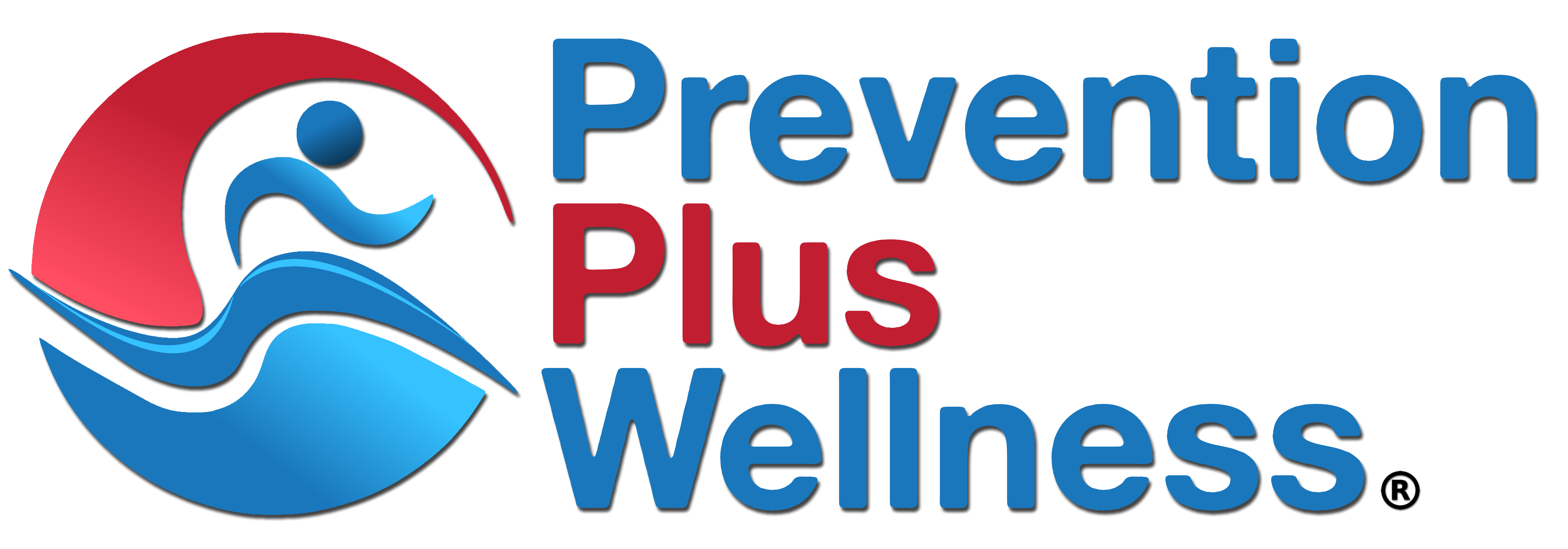Prevention Plus Wellness Programs & National Health Education Standards
The National Health Education Standards (NHES) were created to establish, promote and support health-enhancing behaviors for students in all grade levels.
The NHES are written expectations for what students should know and can do to promote personal, family and community health.
All of the evidence-based substance use Prevention Plus Wellness programs address National Health Education Standards.
Below are the National Health Education Standards and how they are addressed using Prevention Plus Wellness programs.
Standard 1: Students will comprehend concepts related to health promotion and disease prevention to enhance health.
Prevention Plus Wellness (PPW) scripted program content and accompanying PowerPoint slides communicate to youth how health-promoting behaviors enhance health, fitness and wellness outcomes and positive self-image, while risky substance use habits interfere with these goals and harm healthy behaviors and self-identity.
Standard 2: Students will analyze the influence of family, peers, culture, media, technology, and other factors on health behaviors.
Messages presented in PPW programs ask youth to consider how peers, parents, media, norms, self-image, and health risk habits can influence their health habits, health, and health-related decision-making.
Standard 3: Students will demonstrate the ability to access valid information, products, and services to enhance health.
PPW programs include valid and reliable web-based health resources for students and parents to evaluate. These resources are grouped into the health topics targeted in PPW programs, including physical activity and sports, healthy eating, getting adequate sleep, controlling stress, and avoiding alcohol, marijuana, tobacco, e-cigarettes, opioids and other drugs. Web links and descriptions of each of the resources are provided.
Standard 4: Students will demonstrate the ability to use interpersonal communication skills to enhance health and avoid or reduce health risks.
PPW program content addresses substance use refusal skills, and includes a series of parent flyers and parent training programs aimed at increasing parent-youth communication about prevention and health issues. In addition, youth can learn and demonstrate communication, teaching and coaching skills when be trained to provide PPW programs to younger peers.
Standard 5: Students will demonstrate the ability to use decision-making skills to enhance health.
PPW programs assess current health behaviors of youth, and provides them with tailored feedback. This process increases student awareness of peer and future desired self-images as values for deciding which health promoting habits to practice, and which health risk substance use habits to avoid or reduce.
Standard 6: Students will demonstrate the ability to use goal-setting skills to enhance health.
All Prevention Plus Wellness programs teach students to set and monitor goals not only to avoid marijuana, alcohol, tobacco, e-cigarettes, opioids and other drug use, but also increase health-promoting behaviors including physical activity, healthy nutrition, sleep, and stress control.
Standard 7: Students will demonstrate the ability to practice health-enhancing behaviors and avoid or reduce health risks.
PPW programs are designed to have students analyze the role of individual responsibility for improving and protecting health, and demonstrate the connections between a variety of healthy and risky behaviors and how both types of behaviors are associated with enhanced health, positive self-identity, and success.
For more information contact us: info@preventionpluswellness.com or call: (904) 472-5022.
